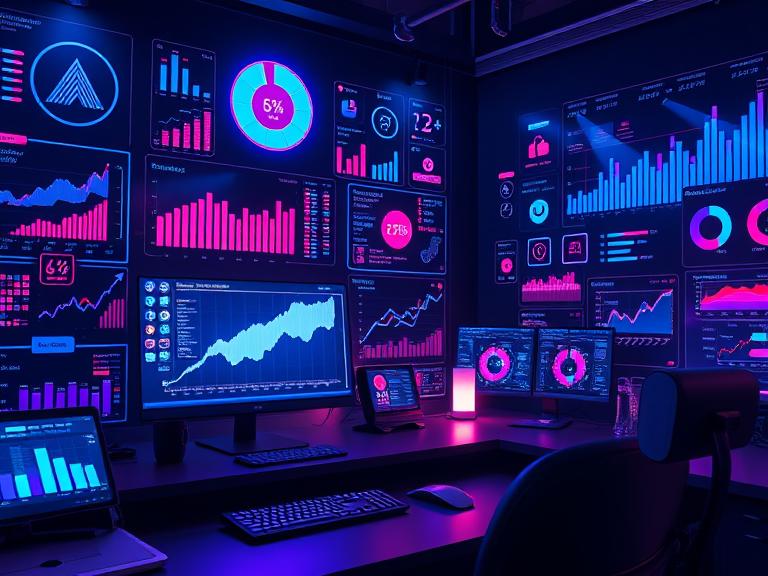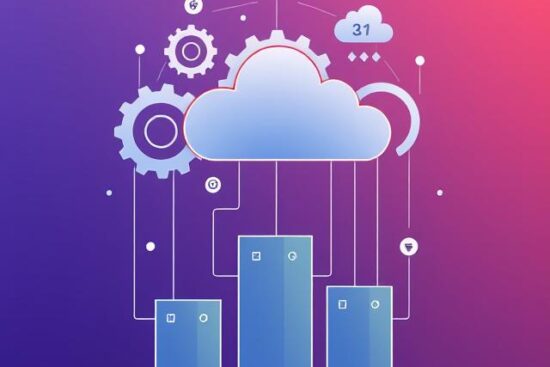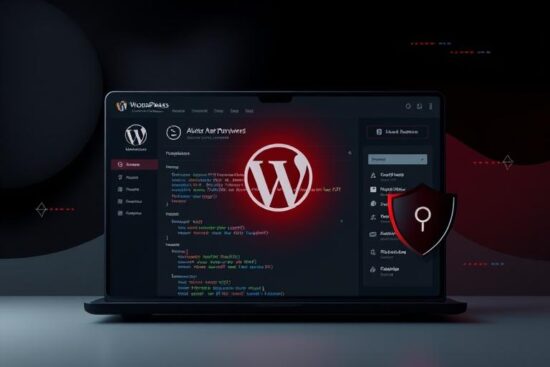
Digital marketing continues to evolve at lightning speed, and October 2025 has brought some groundbreaking updates that marketers can’t afford to miss. From AI-powered personalization to new ad-free subscription models, the digital landscape is shifting rapidly. Here’s a roundup of the latest digital marketing news and what it means for brands and businesses.
1. Meta to Use AI Chatbot Conversations for Ads
Meta has announced it will begin using conversations from its AI chatbots to personalize ads and content starting December 2025. While sensitive topics like politics, health, and religion are excluded, this move signals a deeper integration of generative AI into targeted advertising. For marketers, it means more refined personalization, but also greater responsibility around transparency and data ethics.
2. Instagram & Facebook Ad-Free Subscriptions Launch in UK
Meta is rolling out a paid ad-free plan for UK users, priced at about £3.99/month on mobile and £2.99 on web. While this gives consumers more control over their experience, brands may face reduced reach among high-value audiences who opt out. This emphasizes the importance of building strong organic content and community engagement alongside paid campaigns.
3. Adobe Introduces AI Agents for Marketing
Adobe has unveiled new “AI agents” in its marketing suite, designed to dynamically adapt content and user experiences based on behavior. For example, these agents can customize experiences depending on whether a user comes from a TikTok ad or an organic Google search. This brings a new level of automation and hyper-personalization to digital campaigns.
4. Ad Forecasts Adjusted Amid Economic Pressures
The Interactive Advertising Bureau (IAB) has downgraded its 2025 U.S. digital ad growth forecast from 7.3% to 5.7%, citing global economic uncertainty and tariff pressures. However, digital still outperforms traditional media, reinforcing the continued dominance of online advertising despite tighter budgets.
5. Multi-Armed Bandit Algorithms Gain Momentum
Beyond traditional A/B testing, multi-armed bandit algorithms are revolutionizing ad optimization. These models allow platforms to allocate budget dynamically to the best-performing campaigns in real time. The result? Faster learning, reduced wasted spend, and better campaign outcomes.
6. The Rise of Generative Engine Optimization (GEO)
With AI chatbots and large language models transforming search, marketers are pivoting from traditional SEO to Generative Engine Optimization (GEO). The goal: ensuring content surfaces as a trusted source in AI-generated answers. This shift is set to redefine how businesses approach visibility in search-driven discovery.
7. Explainable AI in Digital Advertising
Marketers have long questioned the “black box” nature of AI systems. New research is introducing frameworks that merge explainable AI with advertising models, allowing businesses to understand why certain bids, creatives, or targeting decisions are made. This will be critical for building trust and accountability.
8. Advanced Personalization: Agentic Systems
A new wave of “agentic personalization” is emerging, where reinforcement learning systems orchestrate the best message, timing, and channel for every customer interaction. This means hyper-relevant messaging across email, push, in-app, and social, making personalization more impactful than ever.
9. Neural Marketing Mix Models Replace Legacy Systems
Transformer-based models like NNN (Neural Neural Network) are being developed to replace outdated marketing mix models. These models can capture complex interactions, long-term effects, and creative variations with far greater accuracy, making marketing ROI measurement more sophisticated.
Key Takeaways for Marketers
- AI is at the core of digital marketing’s future. From chatbots to neural models, machine learning is shaping every touchpoint.
- Content must adapt to new search behaviors. GEO is the next evolution of SEO, and early adopters will gain visibility in AI-first platforms.
- Privacy and personalization must balance. With ad-free subscriptions and stricter privacy norms, brands need to double down on organic strategies and first-party data.
- Efficiency is key. In an uncertain economy, marketers must maximize performance through automation, real-time optimization, and smarter attribution.
Final Thoughts
October 2025 has shown us that digital marketing is no longer just about campaigns, it’s about ecosystems powered by AI, transparency, and user choice. Marketers who embrace these changes and align strategies with consumer expectations will thrive in this fast-changing landscape.
Stay Ahead: Whether you’re a brand, an agency, or a solo entrepreneur, keeping up with these shifts is essential. The future of digital marketing is not just digital, it’s intelligent, adaptive, and user-driven.





